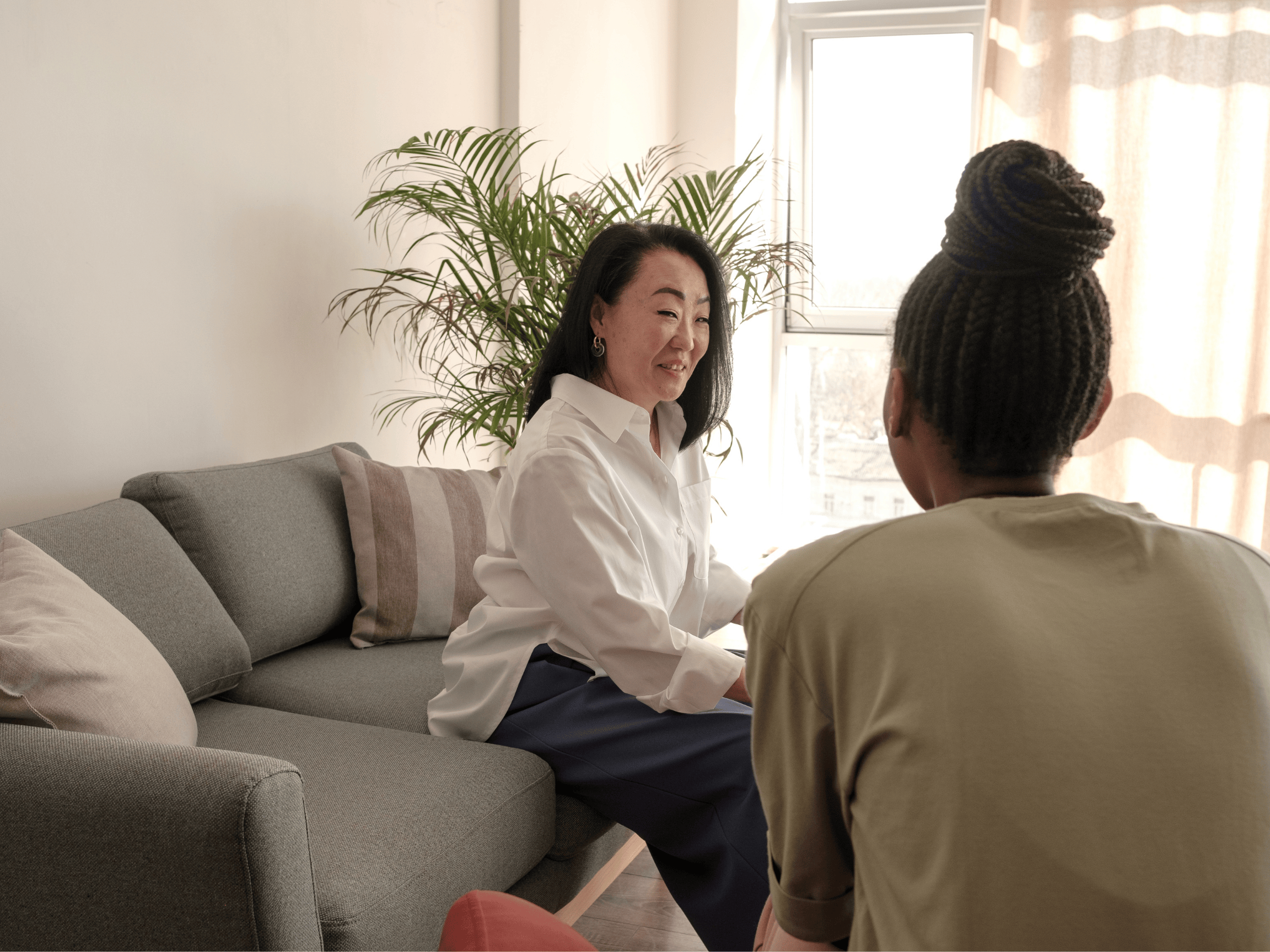Choosing the right therapist is a pivotal step in your mental health journey. The therapeutic relationship can significantly influence the effectiveness of your treatment. But how can you determine if you've made the right choice? Here's a comprehensive guide to help you assess your therapist fit.
1. You Feel Heard and Understood
A fundamental sign of a good therapeutic relationship is feeling genuinely listened to. Your therapist should be attentive, validating, and empathetic. If you consistently feel understood and respected, it's a positive indicator (First Session, n.d.).
2. You Experience Emotional Safety
Therapy should be a judgment-free zone. If you can openly share your thoughts and feelings without fear of criticism, it suggests a strong therapeutic alliance.
3. There’s Progress Toward Your Goals
While therapy isn't always a linear process, you should notice some movement toward your personal goals. This could manifest as increased self-awareness, improved coping strategies, or a better understanding of your emotions.
4. You Feel Challenged in a Supportive Way
A good therapist will gently challenge you to explore new perspectives and behaviours. This should feel empowering rather than overwhelming, fostering growth and self-discovery.
5. You Trust and Connect with Them
Trust is the cornerstone of any therapeutic relationship. If you feel comfortable and safe with your therapist, it's a strong sign that you've found a good match.
6. They Respect Your Boundaries
Your therapist should honour your personal boundaries, both emotional and physical. This respect fosters a safe environment conducive to healing.
7. You Feel Empowered, Not Dependent
Therapy should aim to make you more self-reliant. If you find yourself becoming more confident and capable of managing challenges independently, it's a sign of effective therapy.
8. You Can Envision Continuing the Work
If you can imagine continuing therapy with this person and feel optimistic about the process, it's a good indication that you've found a suitable therapist.
9. You Feel Comfortable Providing Feedback
A therapist who welcomes and values your feedback demonstrates a commitment to your therapeutic journey. Open communication about what's working and what isn't can enhance the effectiveness of therapy.
10. You Trust Your Intuition
Sometimes, your gut feeling can be a reliable guide. If something feels off, it's worth exploring those feelings. Trusting your instincts can help you assess the fit of your therapist.
When to Consider a Change
It's normal to reassess your therapeutic relationship. Consider exploring a new therapist if:
- You consistently feel misunderstood or judged.
- There's a lack of progress toward your goals.
- You feel uncomfortable or unsafe.
- Your therapist dismisses your feedback or boundaries.
- There's a mismatch in communication styles or therapeutic approaches.
Remember, it's okay to seek a therapist who aligns better with your needs.
Final Thoughts
The right therapist can be a transformative ally in your mental health journey. Trust your feelings and experiences as you assess your therapeutic relationship. If you find that your current therapist isn't the right fit, it's okay to seek someone else who better aligns with your needs and goals. I know this may seem frustrating after already making an investment into your therapist with not only your time but with your money, but it's important to consider the long-term benefits of going through this sometimes difficult process.
Once you find the right therapist, it can provide you with a profound sense of comfort, safety, and understanding. Therapy can help you reach long-term goals, develop healthier coping strategies, and cultivate resilience. The supportive environment a good therapist provides allows you to explore your thoughts and emotions openly, fostering personal growth, emotional well-being, and lasting positive change.
Breyta, M. (n.d.). How do I know if my therapist is a good fit for me? Breyta Psych. https://www.breytapsych.com/faq-how-do-i-know-if-my-therapist-is-a-good-fit-for-me
Complicated Life. (n.d.). 5 things to consider when choosing a therapist. https://complicated.life/blog/5-things-to-consider-when-choosing-a-therapist
First Session. (n.d.). Signs of a good therapist. https://www.firstsession.com/resources/signs-of-a-good-therapist
National Alliance on Mental Illness. (2018, February). How do I know if my therapist is effective? NAMI Blog. https://www.nami.org/Blogs/NAMI-Blog/February-2018/How-Do-I-Know-if-My-Therapist-is-Effective
Psychology Today. (2017, October). Five questions to decide if a therapist is right for you. https://www.psychologytoday.com/us/blog/supersurvivors/201710/five-questions-decide-if-therapist-is-right-you















